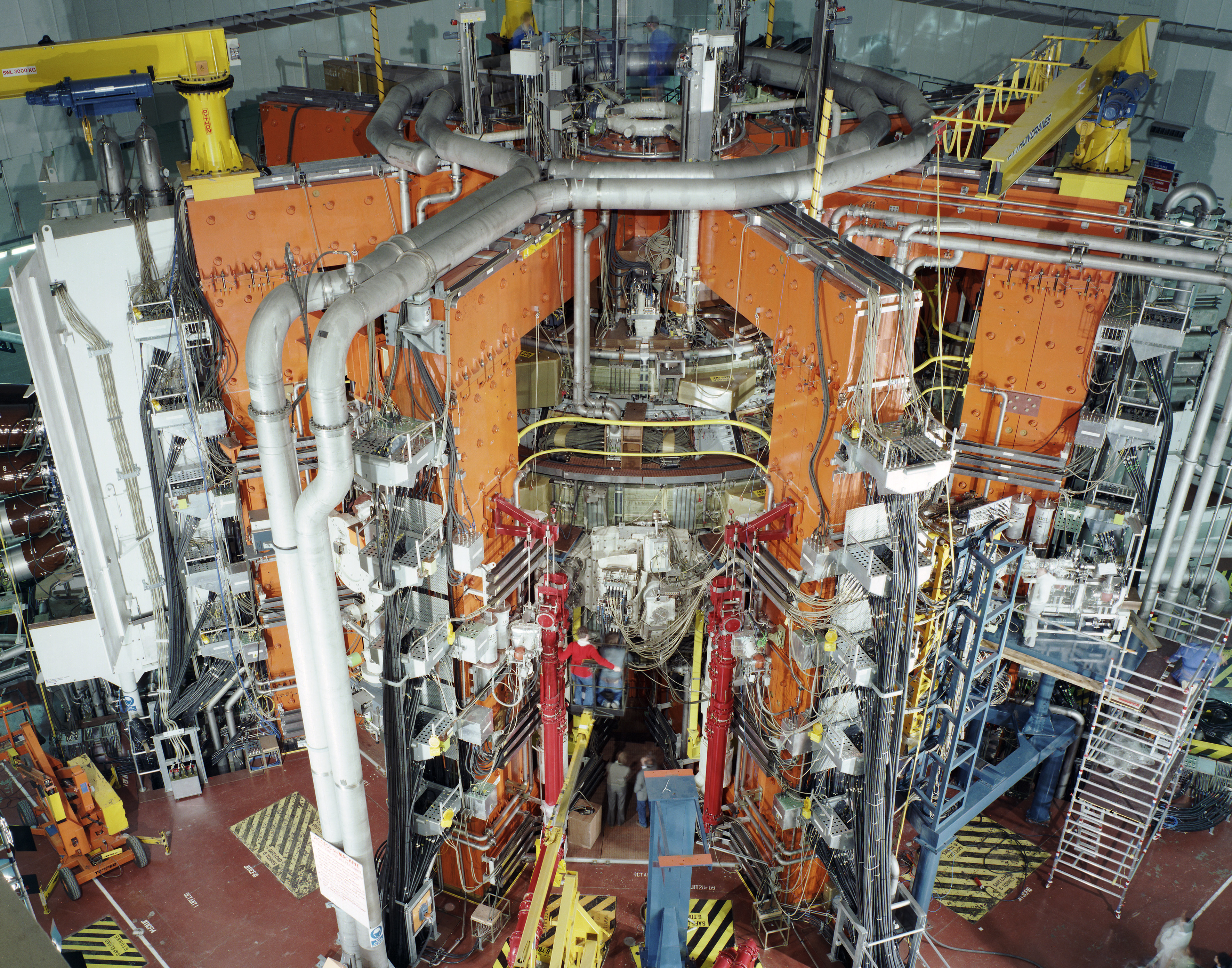Nuclear Fusion Reactor Design
- Introduction to Fusion Energy
- The Tokamak Design
- The Stellarator Design
- The Inertial Confinement Fusion
- The Magnetic Confinement Fusion
- The Field-Reversed Configuration and Other Emerging Designs
- Safety, Waste and Environmental Impact
- Future of Fusion & Course Review
Future of Fusion & Course Review
Fusion as a Sustainable Energy Source

Experimental type of electricity generation using nuclear fusion.
Fusion energy holds immense promise as a sustainable and clean energy source. This article will delve into the potential of fusion energy to meet global energy demands, its environmental benefits, economic feasibility, and its role in the transition to a sustainable energy future.
Meeting Global Energy Demands
As the world's population continues to grow, so does the demand for energy. Traditional energy sources such as fossil fuels are not only finite but also have significant environmental impacts. Fusion energy, on the other hand, has the potential to provide a virtually limitless supply of power. The fuel for fusion is found in seawater and lithium, both abundant resources on Earth. A fusion power plant would require less than a kilogram of fuel per day to provide the same amount of energy as a large conventional power plant.
Environmental Benefits of Fusion Energy
Fusion energy is a form of nuclear energy, but unlike traditional nuclear power, it does not produce long-lived radioactive waste. The primary waste product of a fusion reactor is helium, an inert and non-toxic gas. Additionally, fusion energy does not produce carbon dioxide or other greenhouse gases, making it a carbon-neutral energy source. This makes fusion energy an attractive option in the fight against climate change.
Economic Feasibility of Fusion Energy
While the technology for fusion energy is still being developed, the economic feasibility of fusion power is a subject of ongoing research. The initial investment for building a fusion power plant is high, but the operating costs are expected to be competitive with other forms of energy. The fuel costs are low, and since fusion does not produce hazardous waste, the costs associated with waste disposal are also minimal.
Fusion Energy and the Sustainable Energy Future
Fusion energy could play a crucial role in the transition to a sustainable energy future. As a clean, safe, and abundant source of power, fusion energy could replace fossil fuels and help reduce greenhouse gas emissions. Moreover, fusion power plants could be built anywhere in the world, providing energy security for all nations.
In conclusion, fusion energy has the potential to revolutionize the way we generate power. It offers a sustainable solution to meet the growing global energy demand while minimizing environmental impacts. As research and technology continue to advance, the dream of harnessing fusion energy is becoming increasingly within reach.